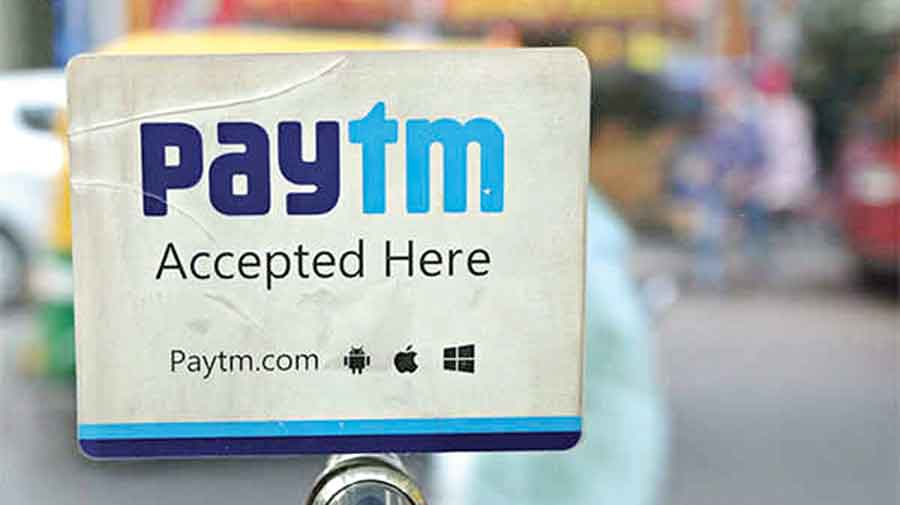Shares of Paytm operator One 97 Communications quickly gave up opening gains and traded lower on December 14, even as the company’s board on December 13 approved an Rs 850 crore share buyback programme.
The company said it would buy back as many as 10.5 million shares at a price of up to Rs 810 per share, well above market expectations of Rs 650 per share.
However, market participants expressed dismay at how the company repurchased shares. Paytm said it would buy back its shares through the open market rather than preferred tenders.
Under the open market approach, the company buys back shares through the market; thus, shares can be purchased at any price up to a cap set by the company. It differs from the tender method, in which shareholders can bid to buy back their shares at a fixed price set by the company.
Furthermore, 15% of share buybacks are reserved for retail investors under the tender route, whereas no such exemption exists under the open market route. Many market participants have accused Paytm of choosing to go public, which would make the share buyback programme a “non-event”.
Morgan Stanley, which has an equal weight rating, said Paytm could buy back up to 16 million shares at current price levels.
The company’s buyback program has divided the market on what it will achieve. Some questioned whether management was trying to manage the stock price by effectively setting a floor for the stock price, while others questioned the wisdom of a loss-making company using cash to buy back stock.
We expect the buyback announcement at a premium of 50% to provide support to share prices in the near term,” brokerage JPMorgan India said in a note.
Paytm has argued that it can afford to consider a share buyback program because it believes its future growth will generate enough cash to fund future growth and is becoming profitable.
The fintech giant also claimed that using cash to buy back shares from investors would not affect its future performance and that none of its key executives and founders would participate in the buyback programme.
Shares of Paytm have plummeted more than 70% since listing in November 2021. The share buyback programme will be supportive, but the recovery will still depend on management achieving profitability by the September quarter deadline of 2023-24.
JPMorgan, which has an overweight rating on the stock, expects cash burn to average about $33 million over the next few quarters before the company turns profitable at an operational level after adjusting for the cost of stock options.
Shares of Paytm were down 1.1% at Rs 533.4 at 9:40 am on the National Stock Exchange.





